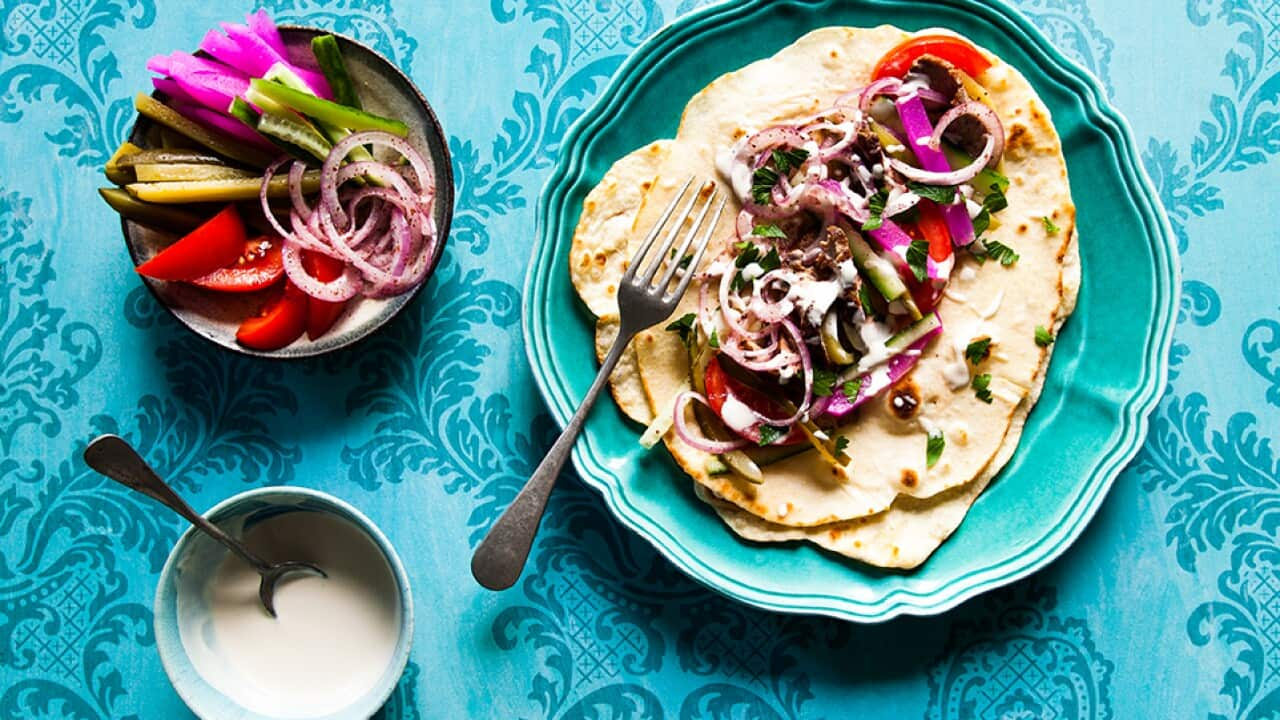Many strongly held beliefs about avoiding hangovers are often thrown around. One is that mixing different types of drinks is likely to make you feel unwell during your drinking session and contribute to a worse hangover.
There are sayings like “beer before liquor, never been sicker. Liquor before beer, you’re in the clear”, or “wine before beer will make you feel queer, but beer before wine and you’ll feel fine”.
So is there any evidence for these beliefs?
As previously noted in , research from the 1970s seemed to indicate drinks that contained certain “congeners” increased the likelihood of a hangover. Congeners are compounds that are produced during the manufacturing process, with drinks like whisky containing more congeners than drinks like vodka. But testing this theory found congeners have little impact on levels of intoxication or hangovers. Ultimately, experiencing a hangover and feeling sick while intoxicated is due to the amount of alcohol consumed and the time period it’s consumed over. A healthy adult body is only able to eliminate one standard drink (or 10 grams of alcohol) per hour.
Ultimately, experiencing a hangover and feeling sick while intoxicated is due to the amount of alcohol consumed and the time period it’s consumed over. A healthy adult body is only able to eliminate one standard drink (or 10 grams of alcohol) per hour.

Congeners in vodka: not the bad guy. Source: AAP
If you are consuming more alcohol than the body is able to eliminate then the likelihood of feeling sick increases. The first step in metabolising alcohol involves your body converting it into acetaldehyde. This chemical is similar in structure to the poison formaldehyde and is also quite toxic.
As I have , alcohol decreases function in the pre-frontal cortex of the brain. As we drink, alcohol increasingly leads to impaired decision making. So after a few drinks you are more likely to mix drinks and consume alcohol at a faster rate. So, if you start drinking a beverage with high alcohol content (such as wine or spirits), when you change to drinking a beverage with a lower alcohol content (such as beer), you are more likely to consume more of the latter beverage and do so at a faster rate.
So, if you start drinking a beverage with high alcohol content (such as wine or spirits), when you change to drinking a beverage with a lower alcohol content (such as beer), you are more likely to consume more of the latter beverage and do so at a faster rate.

It's wise not to mix up your order at the bar. (Benito Martin) Source: Benito Martin
This is supported by as people consumed more alcohol, they increasingly underestimated the amount they had consumed. So the saying “liquor before beer, you’re in the clear” appears to be unsupported by the evidence, though this does suggest the saying “wine before beer will make you feel queer” could be true.
Mixing drinks might not be a good idea as it reduces the likelihood you’re able to keep track of how many standard drinks you’ve consumed. It could also increase the rate of alcohol you consume if you move from a beverage with a low alcohol content to one with a higher alcohol content. This might support the saying “beer before liquor, never been sicker”, but not “beer before wine and you’ll feel fine”.
Mixing drinks might not be a good idea as it reduces the likelihood you’re able to keep track of how many standard drinks you’ve consumed.
What about energy drinks?
For some time now there has been a trend towards combining alcohol with energy drinks. Combining energy drinks reduces the subjective experience of being intoxicated, meaning a person can drink more without feeling sick. The stimulating effects of the caffeine in the energy drinks leads to a “”. People don’t feel as drunk, but their reaction time and motor skills remain impaired.
A found people who add energy drinks to alcohol have a higher risk of injury from car accidents and fights, compared to those who only drank alcohol.
By mixing alcohol with energy drinks, not only are you likely to end up drinking more and having a higher concentration of alcohol and acetaldehyde to deal with the next morning, you are more likely to engage in risky behaviours.

The issue might not be the kind of alcohol you're consuming - but the volume you're drinking. Source: Sydney Beer Festival
So what’s the take-home?
High levels of alcohol and acetaldehyde in the body are a more logical explanation for feeling sick and experiencing a hangover than mixing drinks. And there’s likely to be higher levels of alcohol and acetaldehyde in the body if people mix drinks, since they underestimate how much they’ve had and overindulge.
It would seem that, due to self-preservation, people would rather blame mixing drinks for feeling sick while out, or for a nasty hangover the next day, than admit alcohol has an insidious effect on the brain that leads to overindulgence. But the perfect counterbalanced randomised controlled trial of mixing drinks has not been conducted, so people can still hang on to these deeply entrenched beliefs should they wish to do so.
But the perfect counterbalanced randomised controlled trial of mixing drinks has not been conducted, so people can still hang on to these deeply entrenched beliefs should they wish to do so.







